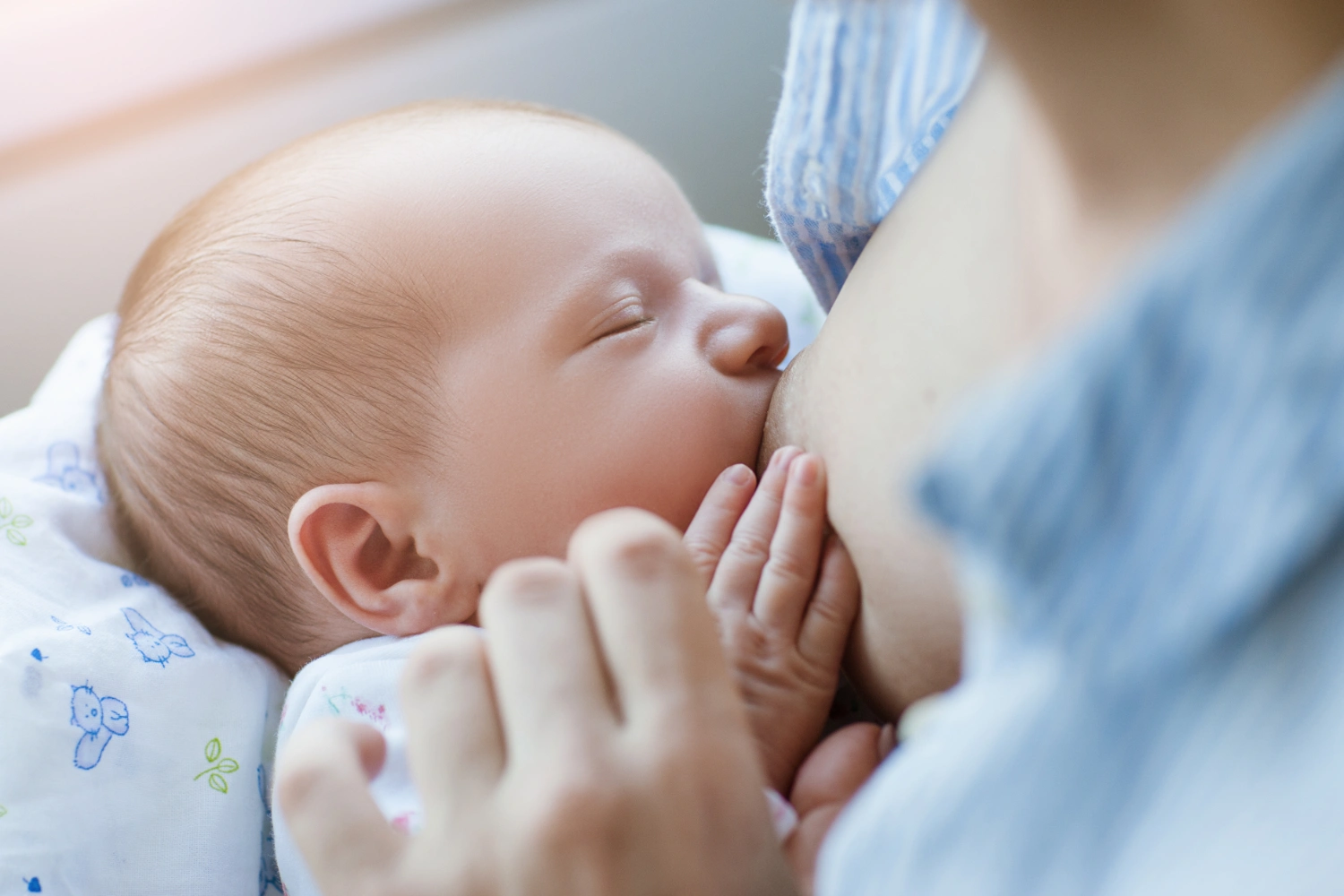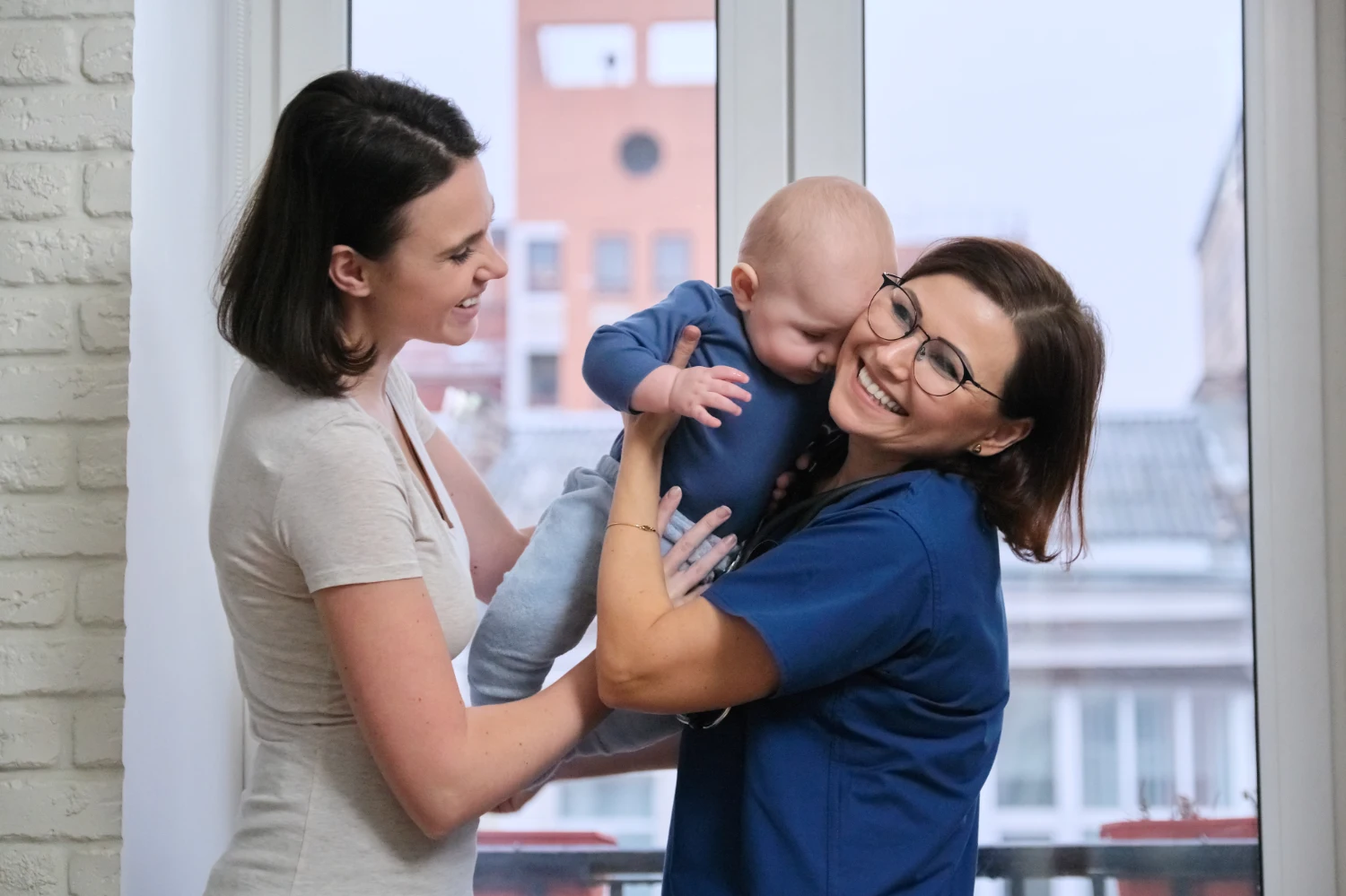Perinatal Mental Health and Physical Wellbeing
Coping with a new baby can take some adjusting for new parents, you should already be familiar with your Health Visitor who is there to help answer any questions parents may have and offer support if you are finding things difficult.
Our Hartlepool Family Hubs have perinatal mental health and infant support teams who can support you with your wellbeing and mental health if you have just had a baby with other new parents in the same position.
Please read the information below on common issues following the birth of your baby.
Everyone needs a little help sometimes
Meet our Perinatal and Infant Mental Health Team
Our Perinatal and Infant Mental Health Team offer a range of emotional well-being support, advice and guidance to families during pregnancy and beyond.
Pregnancy and parenthood can be a happy yet challenging journey which affects families in different ways. You may experience times when you feel stressed, anxious, worried or have started to be withdrawn feel sad or low in mood.
Sensitive support
The Perinatal and infant mental health support team provide support to families through telephone contact, home visits and clinic contacts.
Low mood after childbirth
It’s important to look after your mental health as well as your physical health. About 1 in 10 women become depressed in the year after having a baby.
Following the birth of your baby you may feel down or depressed, many women experience the ‘baby blues’, which can be due to the sudden hormonal changes in your body after childbirth, ‘baby blues’ are normal and will usually last a few days. Postnatal depression can affect women and many women suffer in silence. Postnatal depression usually occurs two to eight weeks following childbirth but can happen up to a year following the birth. Let your health visitor know if you are feeling low in mood.
It is also important to know depression after childbirth is common up to one year after birth and in some cases before, it is important to share what you are feeling and look after your own mental health.
Useful links
Symptoms of postnatal depression – NHS
Baby blues and postnatal depression – NHS
Weekly Sessions
Our Perinatal Mental Health Team is here to support your mental health through pregnancy, birth and beyond. Find out when our mental health group support session is below or get in touch with our Family Hubs.
Coping with stress
Trying to cope with the demands of a new baby and everything else can be stressful, this guide provides new parents with helpful information on how to deal with stress during this time.
Your 6 week postnatal check
You should have a Your 6-week postnatal check – NHS following the birth of your baby to make sure that you are recovering well from pregnancy.
Your body post pregnancy
Your body will change during and following pregnancy and this can be difficult for many women to deal with, there is information available to show how pregnancy can affect your body and how you can help ease the body post pregnancy – Your post-pregnancy body – NHS
Keep fit and healthy
You are likely to not have much free time on your hands following the birth of your baby but it is very important that you keep yourselves fit and healthy as your body recovers, looking after your physical health, eating well and doing some gentle exercise can help to boost your mood. There is support out there to help you – Keeping fit and healthy with a baby – NHS
Sex and contraception after birth
There are no rules about when to start having sex again after giving birth, this guide Sex and contraception after birth – NHS provides lots of information.
Sleep and tiredness following childbirth
Caring for a new baby can be really tiring as your child is likely to wake several times during the night. Most parents cope with a certain level of tiredness. But if you’re feeling low, bad tempered and unable to cope or enjoy things, you need to find a way of getting more sleep, or at least more rest, click here for more information Sleep and tiredness after having a baby – NHS.
Relationships after having a baby
Having a baby can put pressure on a relationship, but can also be a time to strengthen relationships between couples and bring you closer together, this guide can support you. Healthy Relationships Partnership Hartlepool can provide support to parents who are experiencing difficulties in their relationships.
If you or someone you know is experiencing abuse support is available, you can
- Talk to your health visitor, GP or midwife
- Women can contact the National Domestic Violence Helpline free on 0808 2000 247
- Men can contact the Men’s Advice Line free on 0808 801 0327 or ManKind on 01823 334 244
- Harbour can be contacted on 03000 20 25 25 or via their website
- If you are in immediate danger always call 999
Money and finances
If you are having problems with finances and need some support with this let your health visitor know, the following website can offer support and advice to people experiencing financial difficulties.
Financial support information can be found on the Money Matters website
Contact our team
If you are struggling to find the information you are looking for, get in touch with a member of our team for further advice.
Register with us
Fill out the form below for updates on our in person and virtual classes and other types of support relevant to you! Please download and read the Consent Form before applying.

Register with us
Fill out the form below for updates on our in person and virtual classes and other types of support relevant to you! Please download and read the Consent Form before applying.




